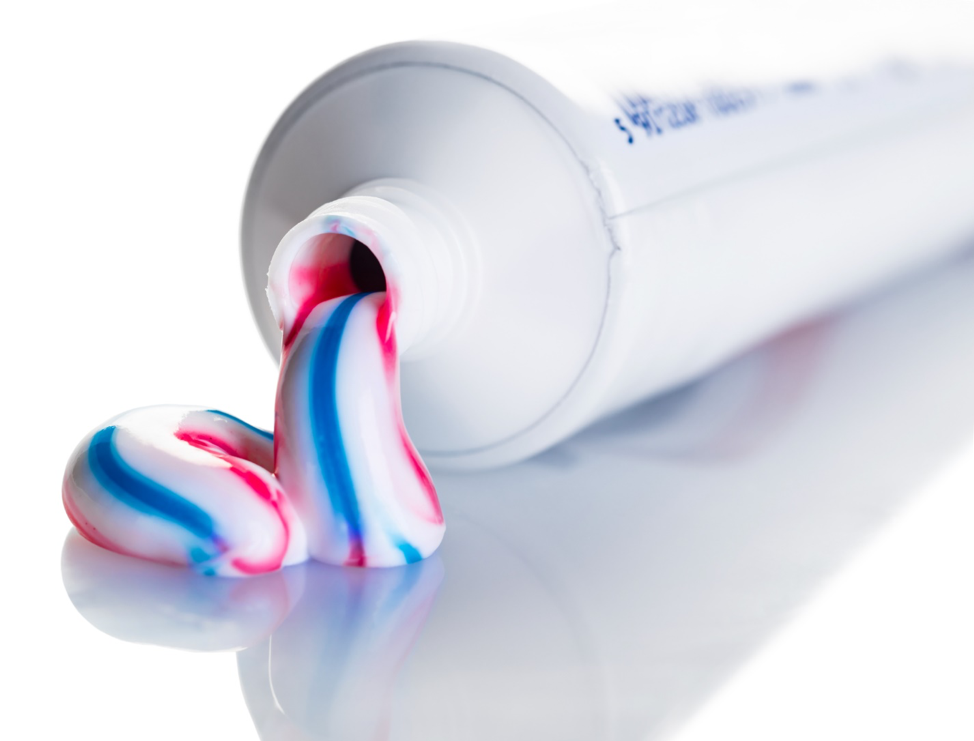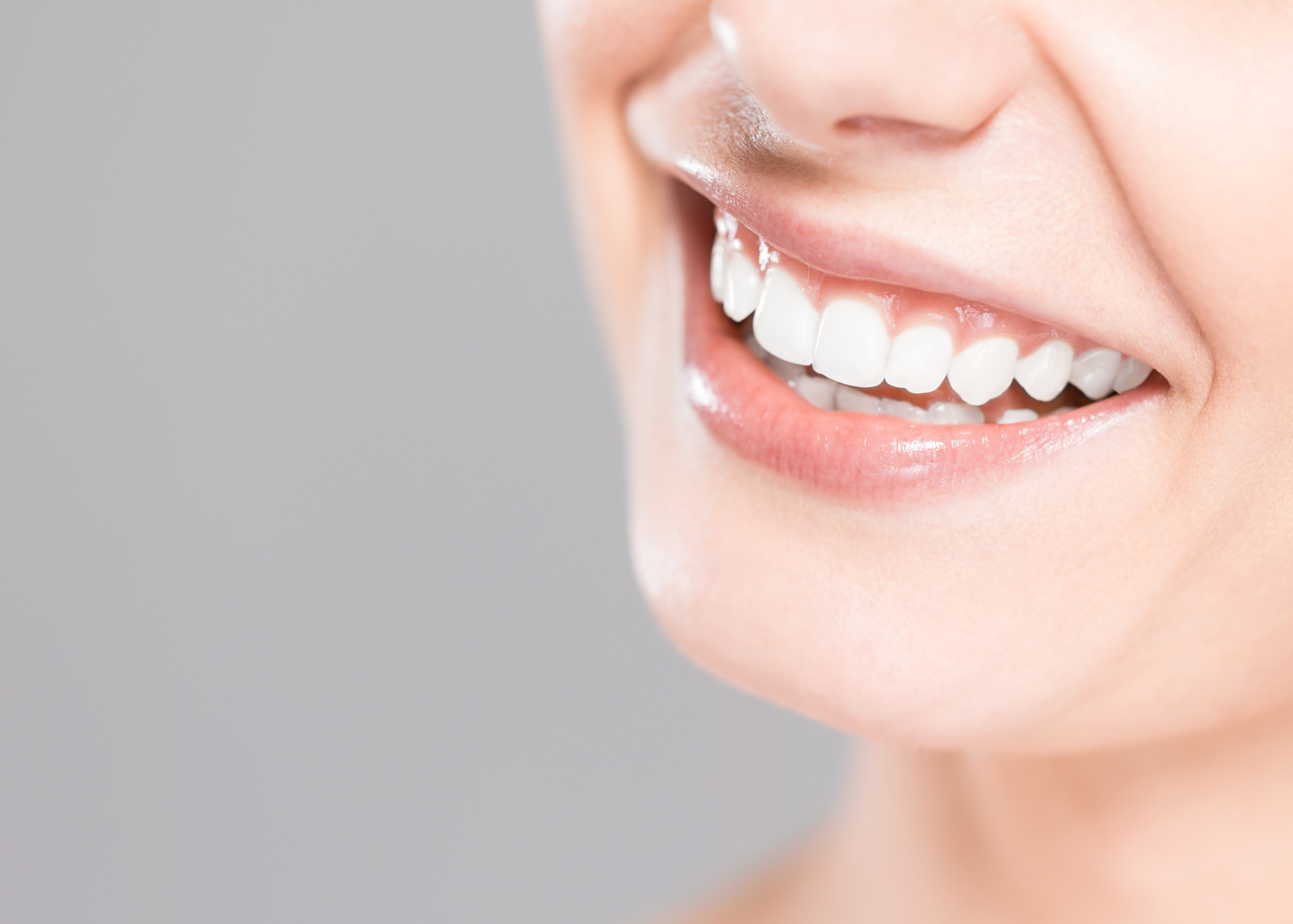
Grant Park Dentist Explains 7 Surprising Uses for Toothpaste
February 19, 2021
Gum Recession: Causes and The Pinhole Surgical Technique Procedure
March 5, 2021The temporomandibular joints are located in front of the ears. If you place your fingers there and open and close your mouth, you’ll feel them in action! These hinge joints connect the skull to the jawbone and are essential for chewing, talking, and anything else that requires the mouth to open and close. When these joints don’t work properly, they may become irritated and inflamed, leading to several other problems.
Causes and Symptoms of TMJ Disorder
Temporomandibular joint disorder may result from several issues, such as teeth grinding, trauma to the jaw, a bite disorder, arthritis, and poorly aligned connective tissues.
Jaw pain is just one of the many symptoms and consequences of TMJ disorder. Many patients with this condition also suffer from chronic headaches, ear pain, facial pain and swelling, difficulty eating, and clicking or popping when chewing.
The combination of these symptoms will surely affect a person’s daily life in so many ways. Thankfully, there is hope. Dentists offer several TMJ treatment options for patients that provide much-needed relief.
Your TMJ Treatment Options
Dentists recommend different TMJ treatments for differing levels of severity. To determine which type of treatment is necessary, dentists use state-of-the-art technology and consider every symptom expressed by the patient.
Here are some of the most common TMJ treatment options:
Mouthguard
A custom-made mouthguard can help protect against teeth grinding and jaw clenching at night. The oral device fits comfortably but also pushes the jaw forward to alleviate jaw pressure.
A mouthguard will not fix TMJ, but it does relieve many of the symptoms and negative effects of the disorder.
Dental Orthotics
This orthopedic device is designed to be worn for 24 hours a day until it has completed its job of correcting the jaw. The specialized oral device gradually changes the patient’s bite by healing and stabilizing the jaw joints and muscles. Treating TMJ disorder with a dental orthotics device can take up to two years.
TENS Therapy
Transcutaneous Electric Nerve Stimulation involves using low voltage electrical currents to reduce pain. Dentists place the electrodes on the patient’s jaw, then allow the electric currents to travel to the proper area. This stimulates the nerve pathways and produces a massaging sensation. This process alleviates muscle tension, eliminates toxins, and releases endorphins, all of which significantly reduce discomfort.
Depending on the severity of your TMJ disorder, your dentist may recommend multiple sessions of TENS therapy and additional forms of treatment.
Orthodontics
Dental malocclusion and misalignment are two of the most common contributors to TMJ disorder. Traditional metal braces, Invisalign®, and other orthodontic options can provide relief from jaw pressure and pain. Plus, you’ll end up with a more beautiful smile!
Full Mouth Reconstruction
For patients with severe TMJ disorder, full mouth reconstruction may be necessary. Dentists usually recommend this for those with damaged, misaligned, or missing teeth that contribute to jaw pain. Full mouth reconstruction may consist of a combination of dental crowns, implants, bridges, and orthodontic treatment.
TMJ Treatment in Grant Park
Ready to find relief from debilitating jaw pain? At Smiles 4 Grant Park, Dr. Abbey J. Lee offers her expertise and experience to patients with TMJ disorder. Under her gentle care, hundreds of patients have found relief from their jaw pain.
Call us today at (404) 328-7177 to schedule your initial consultation.


